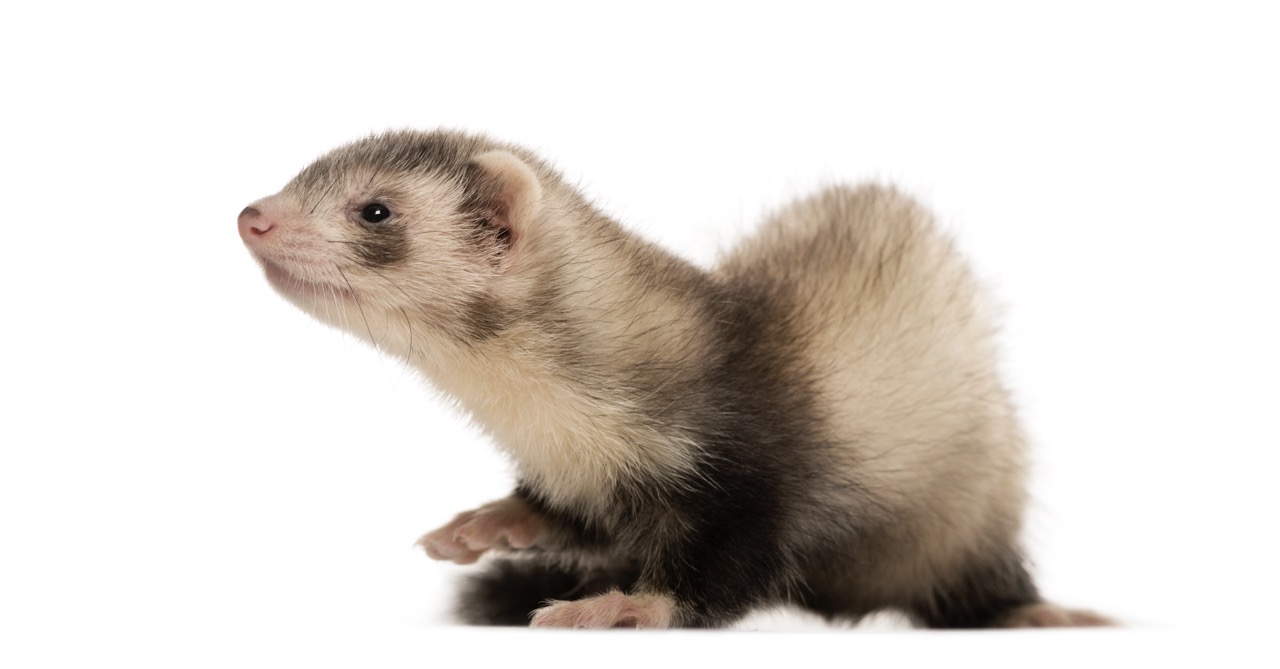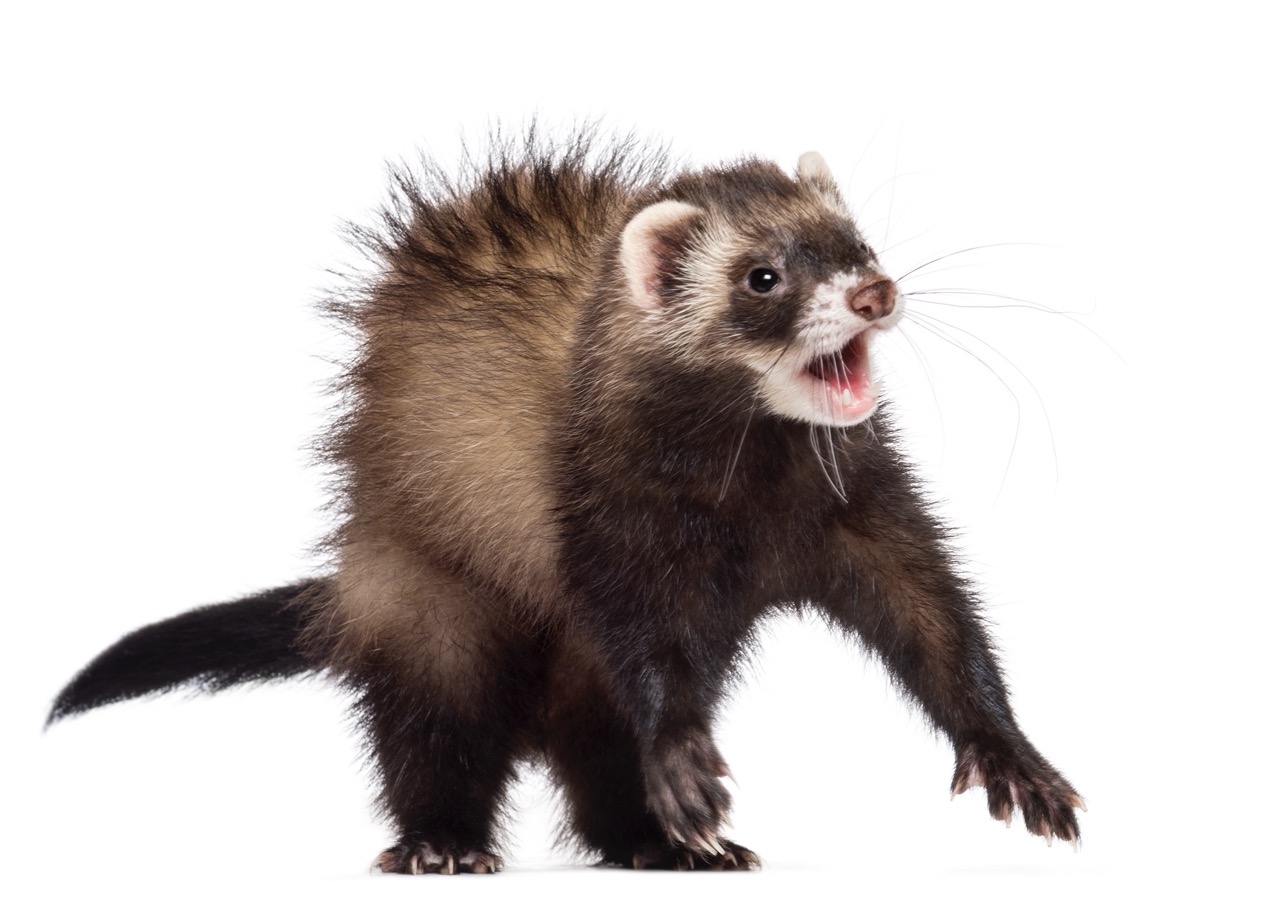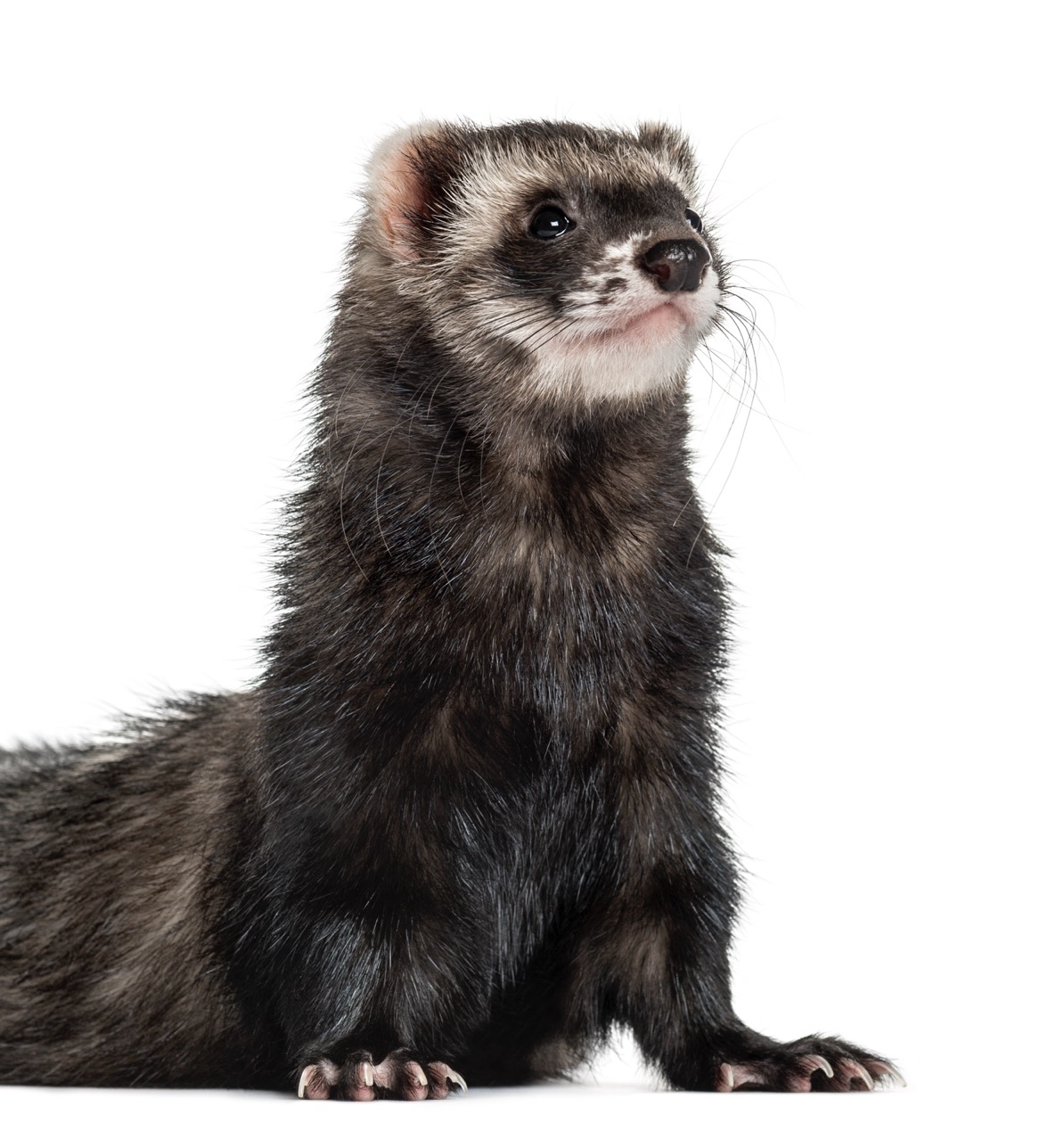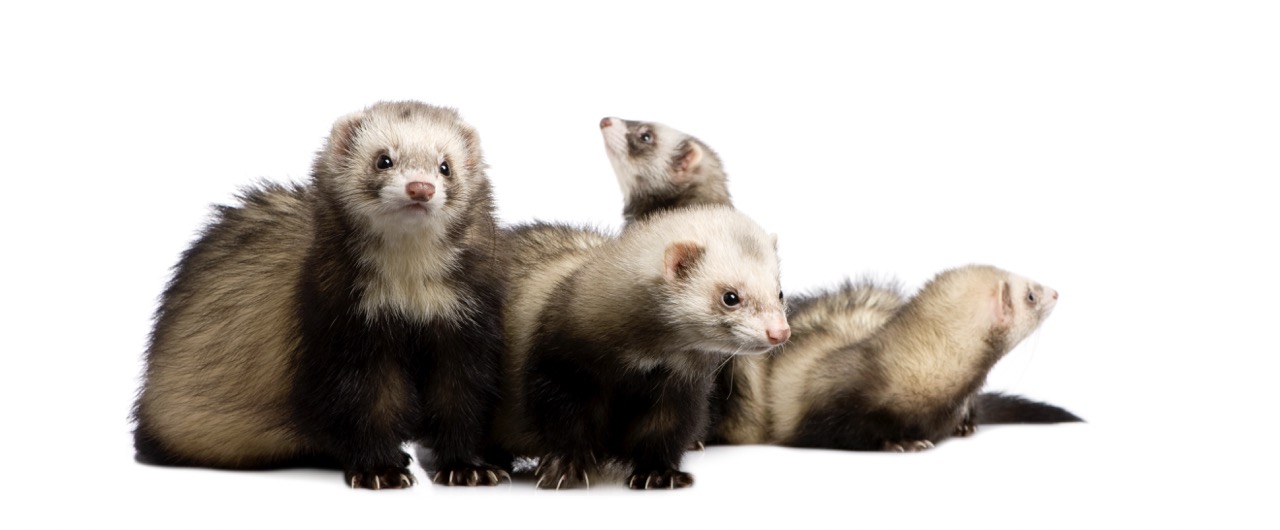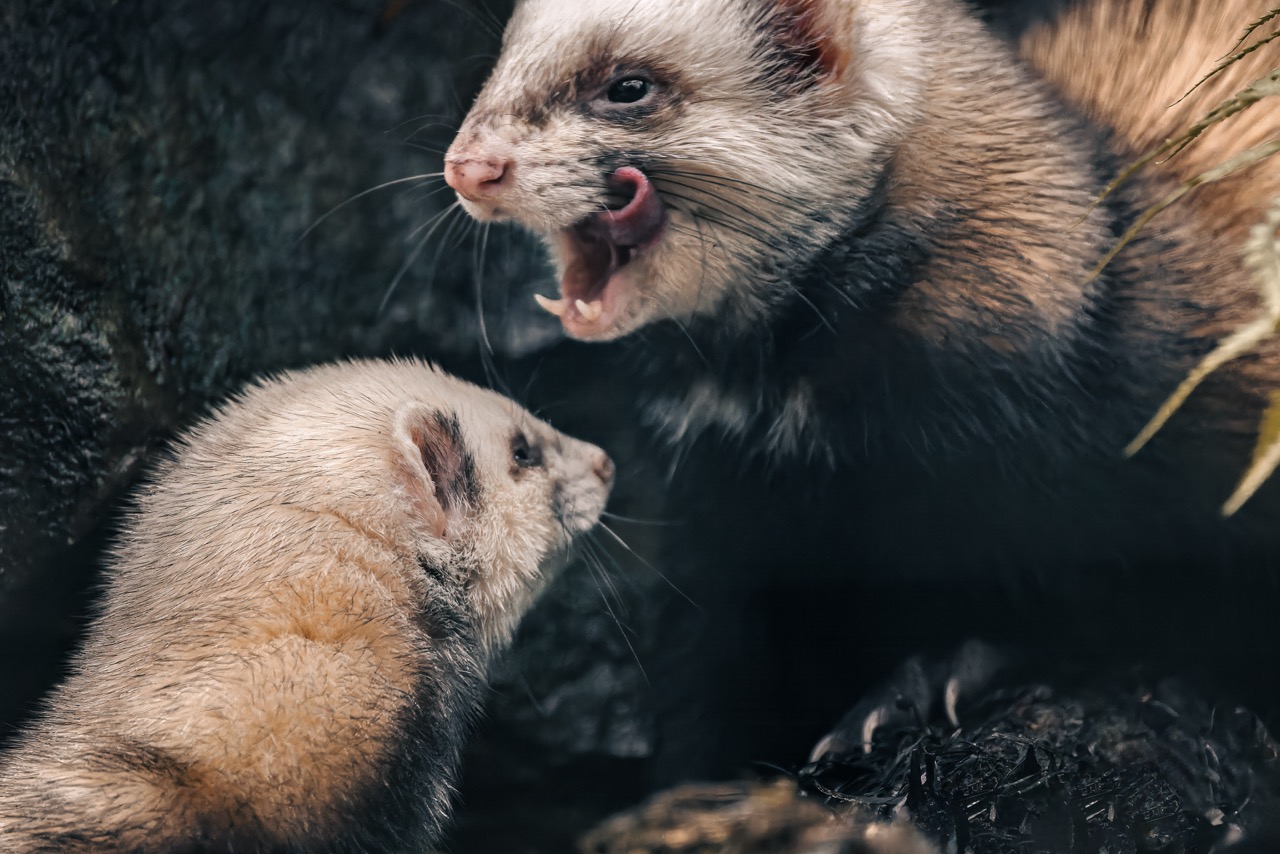In recent years, social media has transformed various aspects of our lives, from communication to commerce. One lesser-discussed area of its influence is pet ownership, particularly among unique pets like ferrets. As platforms such as Instagram, TikTok, and Facebook have surged in popularity, they have also changed how potential and current ferret owners interact with each other, share knowledge, and shape the behavior of their pets. This article will explore the impact of social media on ferret ownership trends, care practices, behavior, and the future of this beloved domesticated animal.
The Role of Social Media in Ferret Ownership Trends
The rise of social media has contributed significantly to the growing popularity of ferrets as pets. Visual platforms like Instagram and TikTok have allowed ferret owners to showcase their pets’ quirky antics, vibrant personalities, and unique physical traits. These platforms serve as a virtual gallery, enticing viewers to consider adopting ferrets as companions. As videos and images of playful ferrets become widely shared, they often lead to increased interest in ferret ownership, particularly among younger demographics who are more engaged with social media.
Moreover, hashtags like #FerretLife and #FerretsofInstagram allow users to connect and share their experiences, creating a sense of community around ferret ownership. As more individuals join this community, they often feel encouraged to adopt ferrets, leading to a noticeable uptick in ferret popularity. Social media not only promotes the idea of owning a ferret but also helps potential owners understand the joys and challenges associated with these pets, contributing to informed decision-making.
However, the increase in ferret ownership driven by social media can also result in some challenges. The trend may lead to impulsive adoptions without adequate research into ferret care needs. As ferrets are not typical pets and require specific care and attention, this phenomenon can strain rescue organizations and shelters, which may become overwhelmed by the influx of abandoned or surrendered ferrets when the novelty wears off.
How Online Communities Influence Ferret Care Practices
Online communities centered around ferrets have drastically changed the landscape of ferret care. Websites, forums, and social media groups provide invaluable resources where experienced ferret owners can share insights, tips, and advice. Through shared information, newcomers not only gain knowledge about proper care practices but also learn about common health issues, dietary needs, and socialization requirements. This collective knowledge fosters a culture of responsible pet ownership, encouraging best practices like regular veterinary check-ups, proper enrichment activities, and appropriate housing setups.
Furthermore, the real-time nature of social media allows ferret owners to seek immediate assistance and share urgent concerns. Platforms like Facebook and Reddit host groups where members can post questions and receive feedback from experienced ferret caregivers. This immediate access to information can be crucial in emergencies, potentially saving lives through timely intervention. The online communities thus serve as both educational platforms and supportive networks, ensuring that ferret owners feel less isolated in their experiences and more equipped to handle challenges.
However, it is important to note that misinformation can also circulate within these communities. While many users share reliable advice based on personal experiences and best practices, some may inadvertently spread incorrect or outdated information. This underscores the importance of critical evaluation of the advice received and encourages owners to consult with veterinary professionals for health-related matters. Ensuring that knowledge shared within online communities is accurate is vital for promoting the well-being of ferrets.
Analyzing Social Media’s Effect on Ferret Behavior
Social media not only influences ferret ownership trends and care practices but also plays a role in shaping ferret behavior. The exposure of ferrets to different stimuli through videos and images can have a profound effect on how they interact with their owners and their environments. For instance, ferrets that are frequently showcased in playful and engaging contexts may develop more social behaviors, mirroring what they observe in the online content. This phenomenon aligns with the concept of observational learning, where animals adapt their behavior based on what they see.
Moreover, the curated content on social media often highlights certain traits and behaviors that are deemed "adorable" or "entertaining." This can inadvertently pressure ferret owners to mold their pets’ behavior to fit these ideals, potentially leading to unrealistic expectations. Owners might encourage high-energy play or unusual stunts to garner social media attention, which may not align with the ferret’s natural behaviors or needs. Such external pressures can lead to stress or anxiety in ferrets if owners prioritize performance over the animal’s well-being.
On the flip side, social media can also promote positive behavioral traits by showcasing ferret-friendly practices. For example, videos that depict ferrets engaging in enriching activities can inspire owners to provide more stimulating environments for their pets. As owners become more aware of the importance of mental stimulation and social interaction, they may adopt practices that promote healthier and happier behaviors in their ferrets. Ultimately, the relationship between social media and ferret behavior is complex; it can foster both positive and negative outcomes depending on how it is utilized by pet owners.
The Future of Ferrets: Social Media’s Lasting Impact
Looking ahead, the influence of social media on ferret ownership and behavior is likely to persist. As platforms continue to evolve, they will offer new opportunities for ferret owners to connect, learn, and share. Emerging technologies, such as augmented reality and virtual communities, could further enhance the way owners interact with their ferrets and each other, potentially leading to innovative approaches in ferret care and enrichment.
Additionally, the ongoing visibility of ferrets through social media may inspire more educational campaigns and collaborations with veterinarians and animal welfare organizations. As awareness of the responsibilities and joys of ferret ownership grows, it is possible that future generations of ferret owners will be better informed and equipped to provide optimal care for their pets. This could lead to healthier ferret populations and a more sustainable approach to ferret ownership overall.
However, the challenges posed by misinformation and the pressure to conform to social media trends will require ongoing vigilance. Encouraging responsible sharing of information, promoting accurate education, and fostering supportive networks will be essential to ensure the future well-being of ferrets in a world increasingly influenced by social media. By continuing to leverage the positive aspects of these platforms while addressing their pitfalls, the ferret community can thrive and adapt to the evolving landscape of pet ownership.
In conclusion, social media has undeniably reshaped the landscape of ferret ownership, influencing trends, care practices, and behaviors. While it fosters a sense of community and provides valuable resources, it also presents challenges that must be addressed to ensure the welfare of these unique pets. By understanding and navigating the complexities of social media’s impact, current and future ferret owners can create a positive environment that benefits both themselves and their beloved companions. The intersection of social media and pet ownership will continue to evolve, and it is essential to harness its power for the betterment of ferrets everywhere.






